While there are strengths and limitations for every philosophy of education, very early in our exploration of homeschooling, we decided the classical education approach would be best for our family.
It is important, of course, to be adaptable when it comes to the different learning styles of your kids. One-size-fits-all approaches don’t work. However, while it is steep in ancient and medieval traditions, the classical approach is still flexible enough to meet nearly any child where he or she is.
An Extremely Brief History of Classical Education
The roots of classical education come from the ancient Greco-Roman world, but formally speaking the classic seven “liberal arts” originate from the fifth century when Martianus Capella wrote De septem disciplinis (“On the Seven Disciplines”). For hundreds of years his system of education shaped the universities of Europe.
Since then, classical education has morphed to embrace new subjects and disciplines. Undoubtedly, the biggest influence in the revival of classical education (especially among Christians in the 20th century) is Dorothy Sayers’ essay, “The Lost Tools of Learning.”
Three Stages of Learning: The Trivium
Classical education has many distinctives, but at its foundation, it is a method of training children’s minds using a three-stage process. These three stages—called the trivium in Latin (meaning “three ways” or “three paths”)—consist of the grammar stage, the logic (or dialectic) stage, and the rhetoric stage.
The grammar stage takes place during what we typically call the elementary school years. This is when children are responsible for absorbing the “grammar” of every subject. “Grammar” is a term that doesn’t not just apply to English but to every area of study: it means the “building blocks” or the fundamental principles or rules of any science, art, or technique.
- The grammar of history consists of dates, events, people, and places.
- The grammar of English consists of phonics, spelling, and parts of speech.
- The grammar of math consists of times tables and equations.
Children during this stage are primarily memorizing. Developmentally, their brains are more absorbent during this stage than any other time in their lives. The purpose in this phase is not analysis of the information as much as it is absorbing facts and concepts.
The logic or dialectic stage takes place during what we typically call the middle school years. In this stage, students will continue to absorb new facts, of course, but the primary thrust of this stage is analysis and integration. Here students study the “logic” of every subject.
- In the grammar stage, writing was more about making letters, forming sentences, and understanding parts of speech, but in the logic stage it is more about shaping a whole paper and supporting an argument.
- In the grammar stage, math was more about memorizing concrete principles of addition, subtraction, percentages, and fractions, but in the logic stage math becomes more abstract as the student moves to study algebra.
- In the grammar stage, history was more about memorizing dates and events, but in the logic stage it is about learning how the events all tie together and why they took place the way they did.
Students during this stage are primarily challenged to ask why something is true. Children at this age have minds that are ready to think more critically and begin tying together concepts from different fields of study. These are the years subjects start to become more abstract.
The rhetoric stage takes place during what we typically call high school. This is the stage when students focus on language mastery. This is what the former stages have been building up to: each student being able to communicate his or her thoughts creatively, clearly, cleverly, and convincingly. Whereas the logic stage was all about thinking critically and comprehensively, the rhetoric stage is all about communicating that logical thought with elegance and force.
Students during this stage are primarily learning the art of communication as they specialize in the areas that interest them most. In addition to core subjects, students begin to find areas of interest and explore them, applying their growing mastery of language to these areas.
Integrating Subjects Through History
At first subjects like math, science, history, writing, and language arts can seem like disconnected fields of study. Classical education emphasizes that all subjects are interrelated. Mathematics isn’t just about proving theorems; it is about the history of mathematicians, how their discoveries impacted the sciences and technology, and how those impacts affect our lives today. Reading Dante’s Inferno isn’t merely about literary criticism; it’s about seeing Dante against the backdrop of the Middle Ages and medieval theology, and the how that theology agrees or clashes with modern theological perspectives in the church.
This integration is done by using history as the frame for other subjects. While at first, especially to the youngest minds, this integration isn’t obvious, as the child passes through the stages of education it becomes more apparent.
- It is common during the grammar level when children are using flashcards to learn their letters to see images of classical artwork on the cards.
- It isn’t uncommon to see English grammar correction worksheets, not with Dick-and-Jane sentences, but based on classics of English literature or Biblical text.
- It is common to see textbooks and curricula that integrate literature, theology, and history into one subject.
- It is common to match up the study of the sciences based on historical time periods—for instance, studying astronomy while studying the Renaissance, the time period when astronomy flourished.
It is also important to note that classical education tends to emphasize our Western heritage, history, and languages, including an emphasis on Latin and Greek.
Rigorous Study Leads to Intelligence and Virtue
Classical education is known for being rigorous. Classical educators believe rigor is important not just because it produces bright, well-equipped students, but virtuous people. Education is seen not just as a time to develop a student’s essential life skills, but a time to develop character.
Classical Education Resources & Curricula
Veritas Press
We have greatly enjoyed using Veritas Press curriculum, particularly their elementary Bible and self-paced online history programs. They also have fantastic reading lists for the elementary years.
Below are some posts we have regarding Veritas Press curriculum:
- Comprehensive, Interactive, and FUN History Curriculum
- Historical Fiction to Accompany Veritas Press Explorers to 1815
- Judges to Kings: Bible Curriculum from Veritas Press
- 5th Grade Literature Book List
- 3rd Grade Literature: A Review of of Veritas Press Recommendations
Compass Classroom

Below are some posts we have regarding curriculum from Compass Classroom:
- Easy to Implement Latin Curriculum
- 7 Reason I’m Learning Latin (and teaching my kids too)
- Dave Raymond’s American History Review
- Economics for Everybody Review
- Modern Parables: Prodigal Sons, The Widow and the Judge, The Shrewd Manager, Samaritan, & Hidden Treasure
Memoria Press
Memoria Press carries curriculum for children in Kindergarten – 1th grade. The only curriculum I’ve used was their Prima Latina with my oldest son. It was a bit dry, but was an easy introduction to Latin.
Classical Academic Press
I’ve not used Classical Academic Press curriculum, but have heard fantastic things about them! Our homeschool co-op uses their Song School Latin for the 1st – 3rd graders. I’m looking forward to using it with my upcoming 1st grader next year! They also have Greek, Logic, Writing & Rhetoric, and Poetry curriculum.
Tapestry of Grace
Tapestry of Grace has integrated curriculum that uses a guided unit study approach. This Christian classical curricula is not one I’ve used, but looks very interesting!

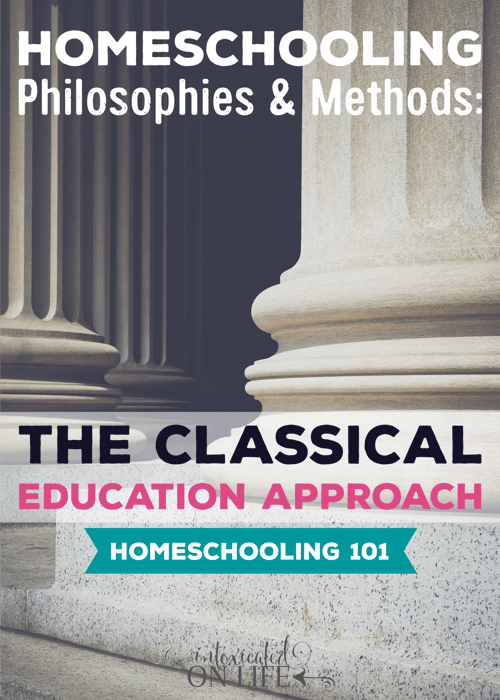
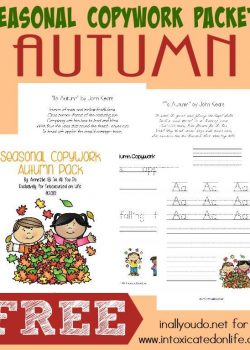

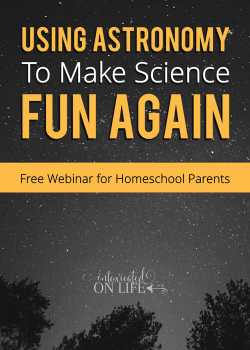

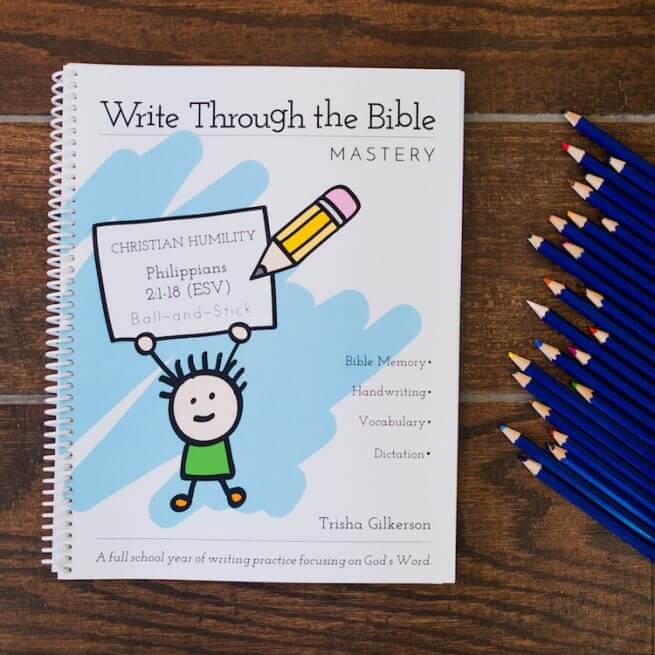
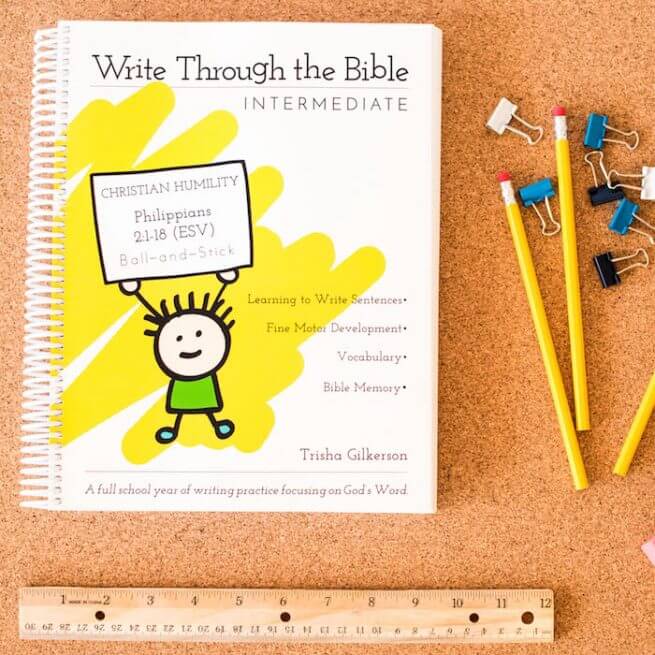
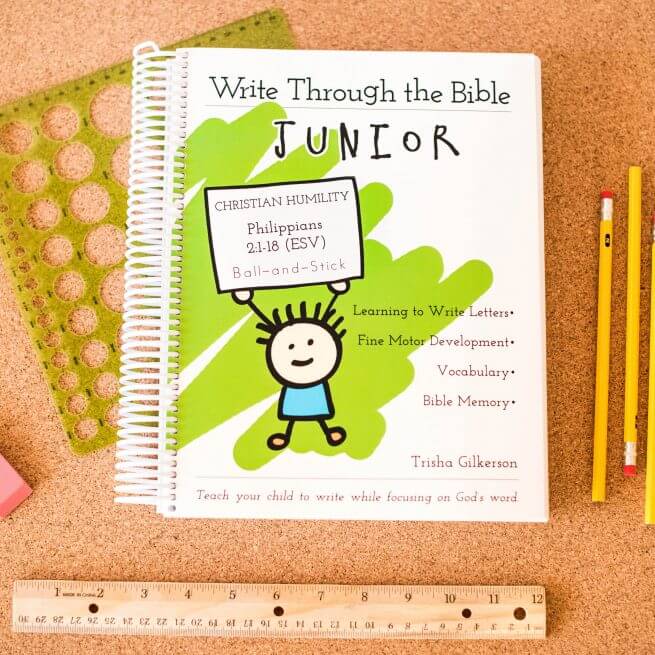
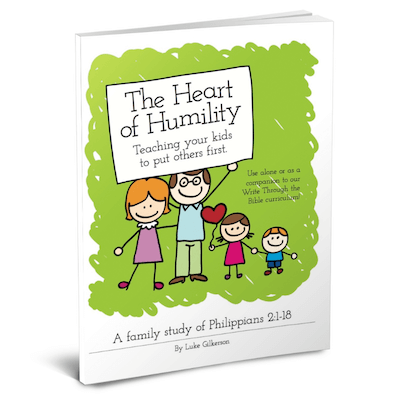

This is an excellent overview of classical education. I particularly appreciated your mentioning Martianus Capella writing De septem disciplinis. Thank you for sharing!
Thank you for stopping by Sara! 🙂
Great overview! Thanks for sharing it with us at Trivium Tuesdays!